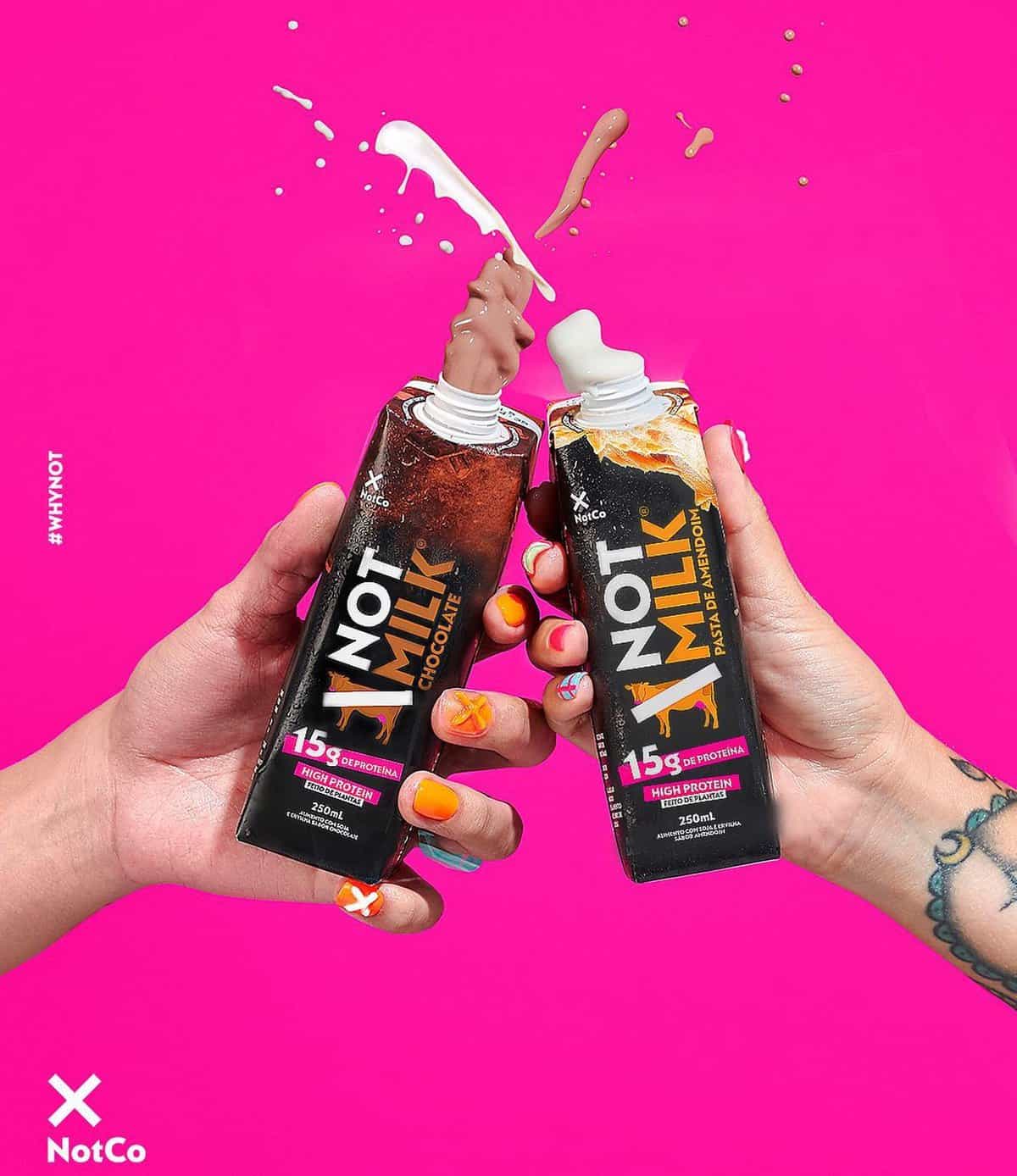Arbiom Unveils Yusto Yeast Protein as Part of “New Wave of Protein Ingredients” – vegconomist

French-American sustainable protein producer Arbiom has unveiled a new product, Yusto yeast protein. Produced using fermentation, Yusto is fiber-rich while also containing B vitamins and all the essential amino acids.
Described as part of a “new wave of protein ingredients”, Yusto is already globally approved for use in food. It can be used in meat and dairy alternatives, snacks, sauces, specialized nutrition products, and more.
According to Arbiom, one of Yusto’s key benefits is its umami flavor, which can mask bitterness in plant-based proteins while also allowing for a reduction in salt content. Its high fiber content can also aid digestive health. Yusto is now available for food manufacturers who are interested in using the ingredient in their products.
“Yusto is packed with proteins, we successfully explored its potential as a sustainable and protein-rich alternative in the food industry,” says an Arbiom customer.

Upcycled yeast protein
Yeast ingredients are rapidly growing in popularity as a source of plant-based protein. Israeli startup Yeap is working to develop upcycled yeast protein, while the Netherlands’ revyve uses upcycled yeast to produce novel cellular proteins and fiber ingredients.
In March, a study compared beef and pea protein burger patties to those made from Yeastup yeast protein (produced using spent brewer’s yeast). The results showed that the yeast patty had an 81% lower environmental impact than the pea protein patty, which in turn had a much lower impact than beef.
Spent brewer’s yeast is a byproduct of beer production, and its potential for use in food is increasingly being recognized. France’s Yeasty is working to produce protein derived from the yeast on an industrial scale, while Germany’s ProteinDistillery uses upcycled brewer’s yeast to produce what it claims is the first customizable vegan protein to fully substitute all functionalities of animal protein.
“We hope to demonstrate to our current and future project partners in the food industry the potential environmental benefits of using protein from a high-value brewery residue using a global benchmark,” said Daniel Gnos, founder of Yeastup.




